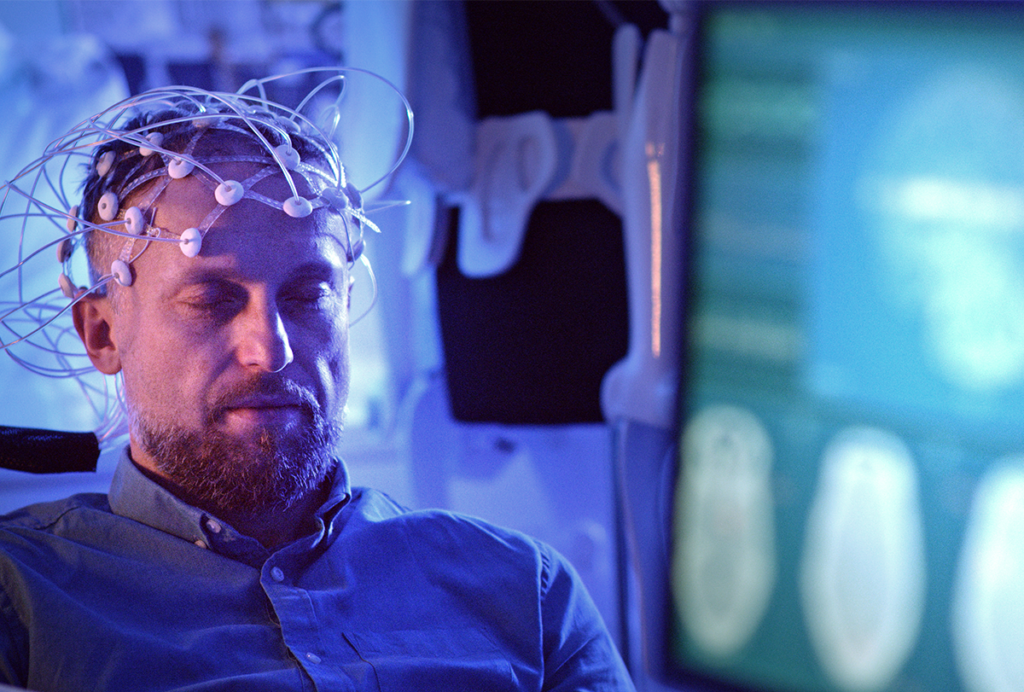Tiffany Woynaroski is assistant professor of hearing and speech sciences at Vanderbilt University Medical Center, Vanderbilt Kennedy Center, Vanderbilt Brain Institute, and Frist Center for Autism and Innovation in Nashville, Tennessee.

Tiffany Woynaroski
Assistant professor
Vanderbilt University
From this contributor
Common sensory response scores may miss important variations
A person’s “overall” score on sensory-seeking, hyperreactive or hyporeactive tendencies may obscure nuances in their individual sensory experience.

Common sensory response scores may miss important variations
Errors of omission: Why we are deeply concerned about research on autism therapies
Studies of autism treatments rarely report adverse events, and the scientists involved often fail to disclose their conflicts of interest.

Errors of omission: Why we are deeply concerned about research on autism therapies
Explore more from The Transmitter
Noninvasive technologies can map and target human brain with unprecedented precision
But to fully grasp the tools’ potential, we need to better understand how electric and magnetic fields interact with the brain.

Noninvasive technologies can map and target human brain with unprecedented precision
But to fully grasp the tools’ potential, we need to better understand how electric and magnetic fields interact with the brain.
During decision-making, brain shows multiple distinct subtypes of activity
Person-to-person variability in brain activity might represent meaningful differences in cognitive processes, rather than random noise.

During decision-making, brain shows multiple distinct subtypes of activity
Person-to-person variability in brain activity might represent meaningful differences in cognitive processes, rather than random noise.
Basic pain research ‘is not working’: Q&A with Steven Prescott and Stéphanie Ratté
Prescott and Ratté critique the clinical relevance of preclinical studies in the field and highlight areas for improvement.

Basic pain research ‘is not working’: Q&A with Steven Prescott and Stéphanie Ratté
Prescott and Ratté critique the clinical relevance of preclinical studies in the field and highlight areas for improvement.